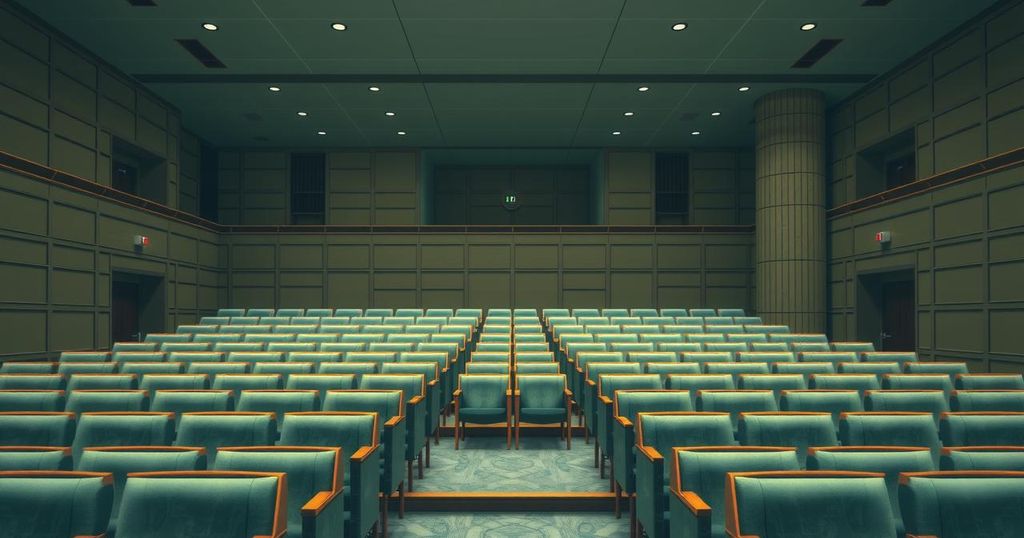The Diminishing Voice of Opposition in Nigeria’s House of Representatives
Nigeria’s opposition in the House of Representatives faces a significant decline characterized by defections and internal conflicts, weakening its capacity to counter the ruling APC. The opposition’s initial numerical advantage has eroded, leading to concerns regarding the overall health of Nigerian democracy. Political patronage and lack of cohesion within parties further complicate the situation, necessitating a reevaluation of strategies to ensure the opposition’s effectiveness.
Once considered a formidable force, Nigeria’s opposition in the House of Representatives is experiencing a significant decline. Once characterized by vigorous debates and dissenting voices, the current landscape reveals a weakening of opposition power as defections, party conflicts, and political maneuvers diminish its effectiveness against the ruling All Progressives Congress (APC).
At the inception of the 10th National Assembly in June 2023, the opposition had a notable numerical advantage with opposition parties holding 182 seats compared to the APC’s 175. The People’s Democratic Party (PDP) led with 118 representatives, while the Labour Party (LP) and the New Nigeria Peoples Party (NNPP) followed with 35 and 19 seats, respectively. This advantage presented an opportunity for the opposition to shape legislative decisions and present viable alternatives to governance.
However, nearly two years into the assembly, this opportunity is dissipating. The opposition is progressively losing members and influence, with multiple defections taking place; at least six lawmakers from the PDP and six from the LP have joined the APC. This fragmentation signifies a shift from a vigorous counterweight to an ineffective force unable to hold the government accountable.
The opposition’s current predicament is not solely attributed to defector allure; internal conflicts within the PDP, marked by leadership crises and factional disputes, significantly impact its cohesion. The LP, despite its initial post-election momentum, has struggled to maintain member engagement and construct strong party structures. This lack of unity and a shared agenda is compelling lawmakers to choose defection over enduring challenges within their ranks.
Political patronage contributes to defection decisions, as loyalty to the ruling APC can yield personal advantages through access to resources. Lawmakers have found it difficult to resist the temptations offered by the ruling party, while remaining opposition members risk exclusion from vital policy discussions and projects.
The decline of a robust opposition poses threats to democracy. Observers like Innocent Awuzie assert that without strong dissenting voices, the ruling party may enact legislation and policies devoid of scrutiny, significantly undermining democratic governance. The ramifications extend beyond the National Assembly, as defectors retain grassroots support and voter confidence, making future electoral competition increasingly challenging for opposition parties.
If such trends persist, Nigeria could shift towards a one-party system where electoral competition becomes nominal. To regain relevance, opposition parties must prioritize internal unity, development of clear agendas, and a renewed commitment to democratic principles, avoiding the short-sighted enticements of immediate power. Otherwise, the silence within Nigeria’s Green Chamber may solidify its role as a mere extension of the ruling party’s influence.
In conclusion, the decline of Nigeria’s opposition within the House of Representatives undermines democratic integrity, fostering an environment where the ruling party operates without necessary checks. The opposition must address internal strife, foster unity, and present clear visions to retain its influence and ensure the active participation of diverse voices in governance. If unresolved, this trend risks establishing a political landscape dominated by a single party, endangering the foundational principles of democracy.
Original Source: businessday.ng




Post Comment